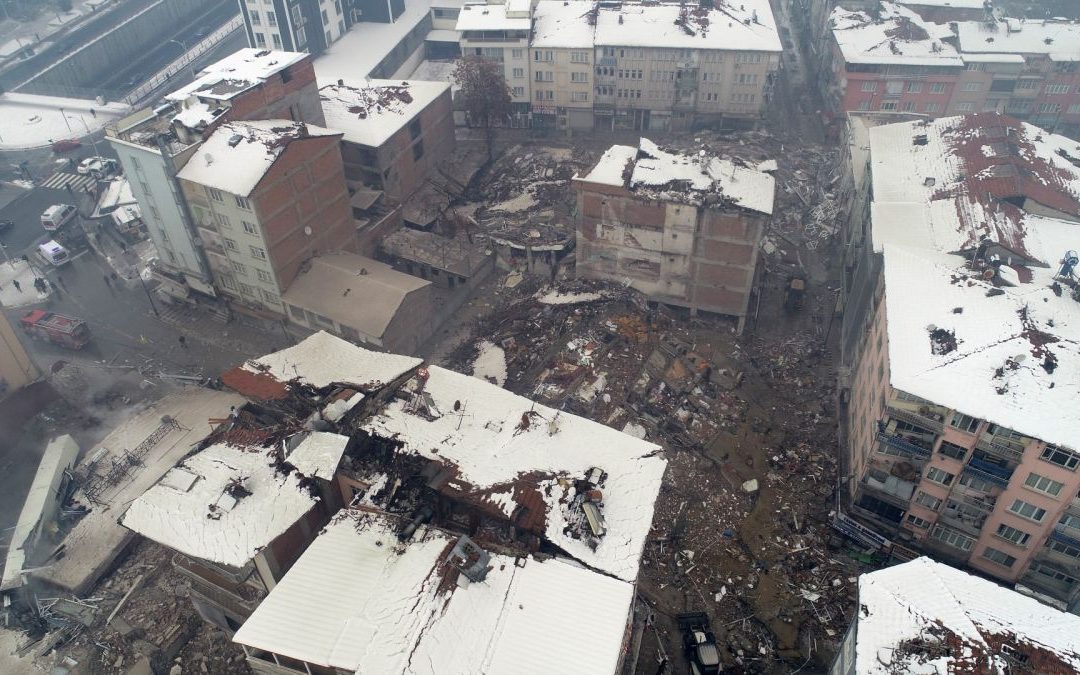The world was rocked this week by a devastating earthquake that struck Turkey and Syria on Monday (Feb. 6). With a magnitude of 7.8 and an epicenter along the southern border of Turkey, the earthquake caused widespread destruction, claiming the lives of more than 2,000 people and injuring thousands more.
In the wake of this tragedy, the United Nations Satellite Centre (UNOSAT) has activated its emergency mapping service to provide satellite image analysis during humanitarian emergencies related to disasters, complex emergencies and conflict situations. This blog post will explore the UNOSAT emergency mapping service and how it is helping to respond to the crisis in Turkey and Syria.
The UNOSAT emergency mapping service provides a live map that contains geospatial data related to the earthquake. This data includes an overview of structures that were damaged or potentially damaged by the earthquake. This information is then used by humanitarian relief and disaster response groups in order to best respond to the crisis.
Groups such as United Nations offices and agencies, governmental agencies, relief organizations such as the Red Cross and Red Crescent and non-governmental humanitarian organizations can all request access to the imagery collected by UNOSAT. UNOSAT does not operate its own satellites, but instead coordinates with U.N. member states to gather imagery from their governmental agencies and private satellite firms.
The satellite imagery collected by UNOSAT is invaluable in helping to assess the damage caused by the earthquake, as well as to plan for the response and relief effort. By providing up-to-date satellite imagery of the affected areas, UNOSAT is helping to ensure that the response to the crisis is as effective and efficient as possible.
We hope that this blog post has provided you with a better understanding of the UNOSAT emergency mapping service and how it is helping to respond to the devastating earthquake in Turkey and Syria. We encourage you to follow UNOSAT on Twitter, Facebook and Instagram to stay up-to-date on their efforts.
Source: www.space.com
